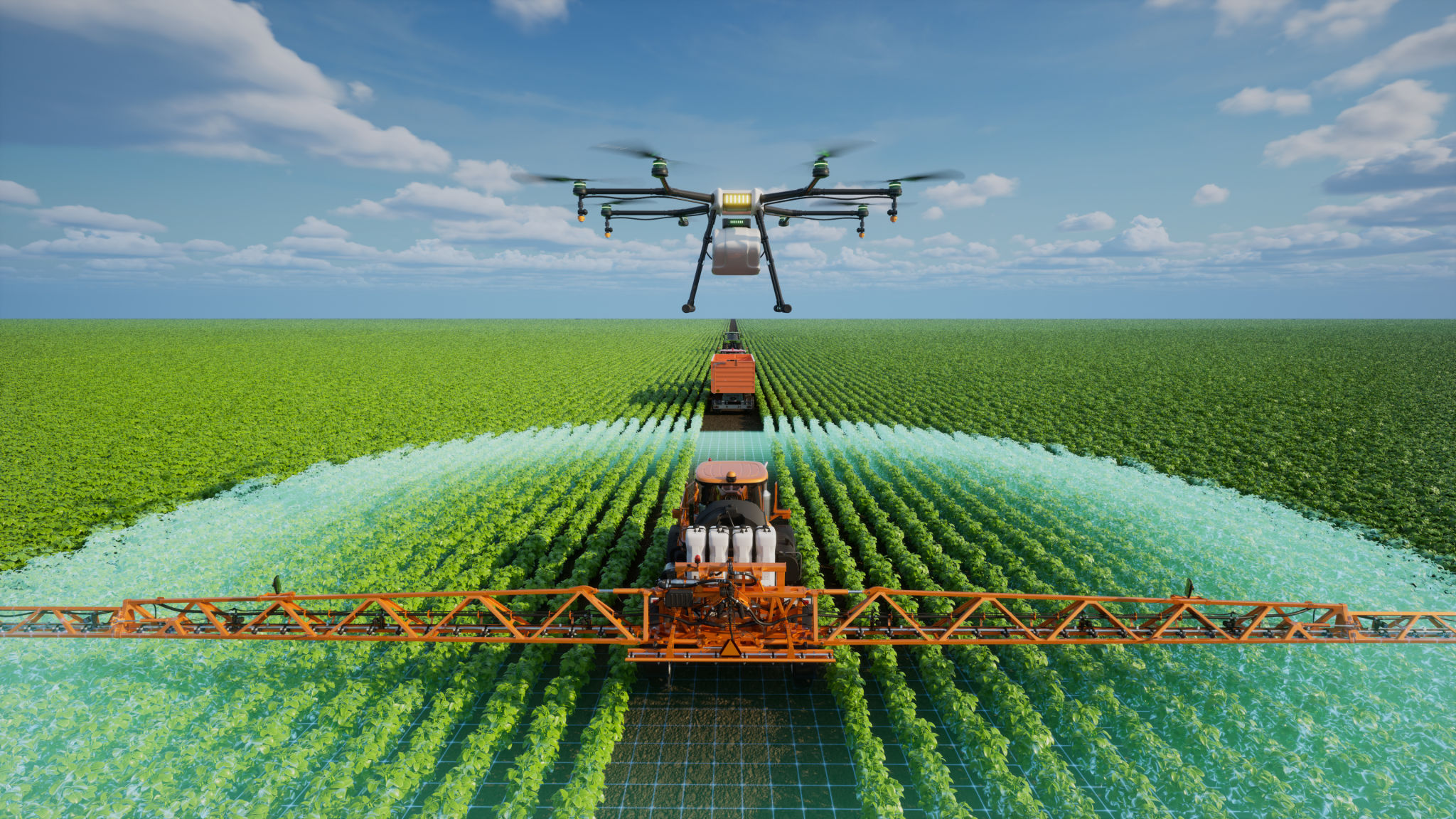Case Study: How KGS Industry Became a Leader in the Global Fertilizer Market
Introduction
In today's competitive global market, few industries are as vital as agriculture, and by extension, the fertilizer market. One company that has managed to rise to the top of this arena is KGS Industry. This case study delves into the strategies and innovations that propelled KGS Industry to become a leader in the global fertilizer market.
Strategic Vision and Goals
KGS Industry's journey began with a clear strategic vision. The company set ambitious goals to not only meet demand but also to innovate within the industry. By focusing on sustainable and efficient fertilizer solutions, KGS Industry aimed to address the growing needs of modern agriculture while minimizing environmental impact.

Innovation in Product Development
A critical aspect of KGS Industry's success was their commitment to innovation. They invested heavily in research and development, creating fertilizers that were more effective and environmentally friendly. Their products, such as slow-release fertilizers and bio-fertilizers, have been game-changers in enhancing crop yield and soil health.
This focus on sustainable products not only differentiated KGS Industry from competitors but also aligned with global trends towards eco-friendly practices. By anticipating market shifts, KGS Industry was well-positioned to meet the needs of environmentally conscious consumers and large agricultural businesses alike.
Expanding Global Reach
To become a leader in the global market, KGS Industry implemented an aggressive expansion strategy. They established partnerships with distributors and local businesses across continents, ensuring their products were accessible worldwide. This approach allowed them to cater to diverse agricultural practices and climates.

Moreover, KGS Industry's strategic acquisitions of smaller companies in key regions further solidified their market presence. By integrating these companies, KGS Industry expanded their product portfolio and gained valuable insights into local markets.
Leveraging Technology
Technology played a significant role in KGS Industry's rise. They adopted cutting-edge technologies in their manufacturing processes to increase efficiency and reduce waste. Additionally, they utilized data analytics to optimize supply chains and forecast demand accurately.
The company also invested in digital platforms to enhance customer engagement and streamline operations. By creating an online portal for ordering and customer support, they improved service delivery and strengthened customer relationships.

Commitment to Sustainability
KGS Industry's commitment to sustainability not only shaped their product line but also influenced their corporate ethos. The company implemented sustainable practices across all operations, from production to distribution. They focused on reducing carbon emissions, conserving water, and utilizing renewable energy sources wherever possible.
This dedication to sustainability has resonated well with stakeholders, earning KGS Industry a reputation as a responsible and forward-thinking leader in the fertilizer industry.
Conclusion
The success of KGS Industry in the global fertilizer market is a testament to their strategic vision, innovative product development, expansive reach, technological adoption, and unwavering commitment to sustainability. As agriculture continues to evolve, KGS Industry remains poised to lead the way with solutions that benefit both farmers and the planet.
